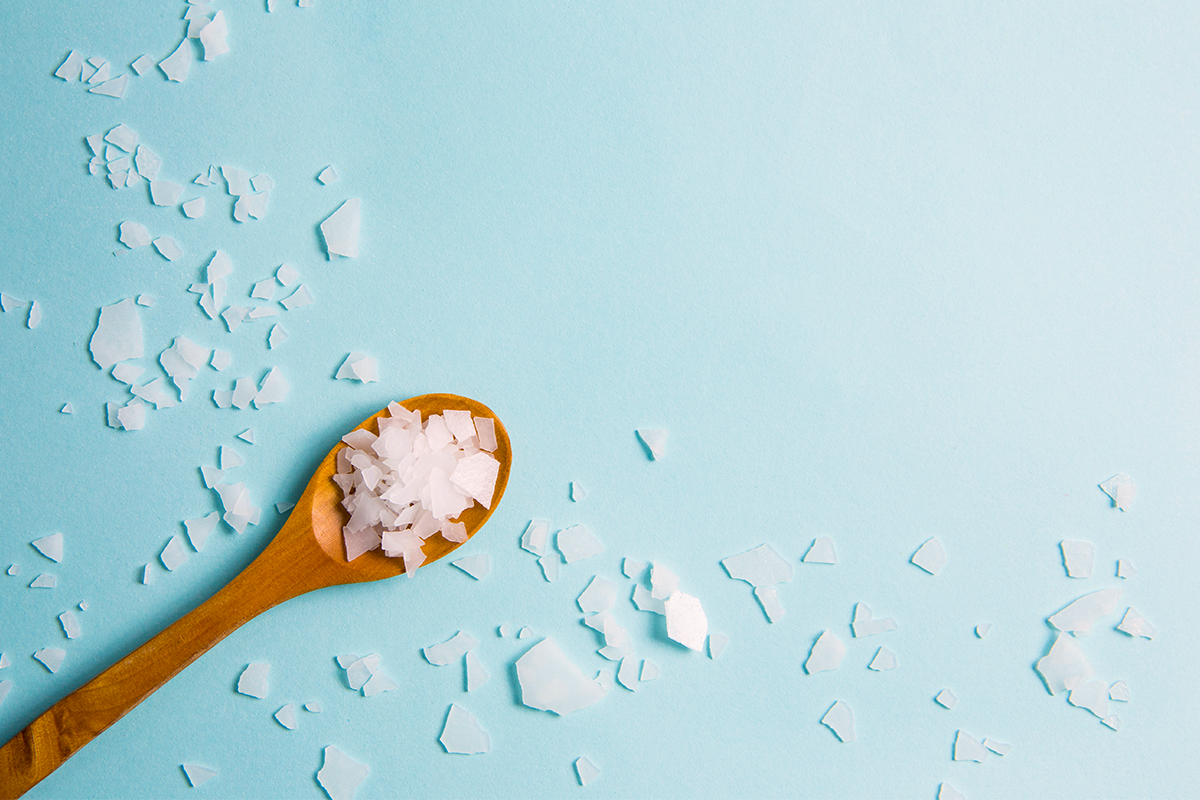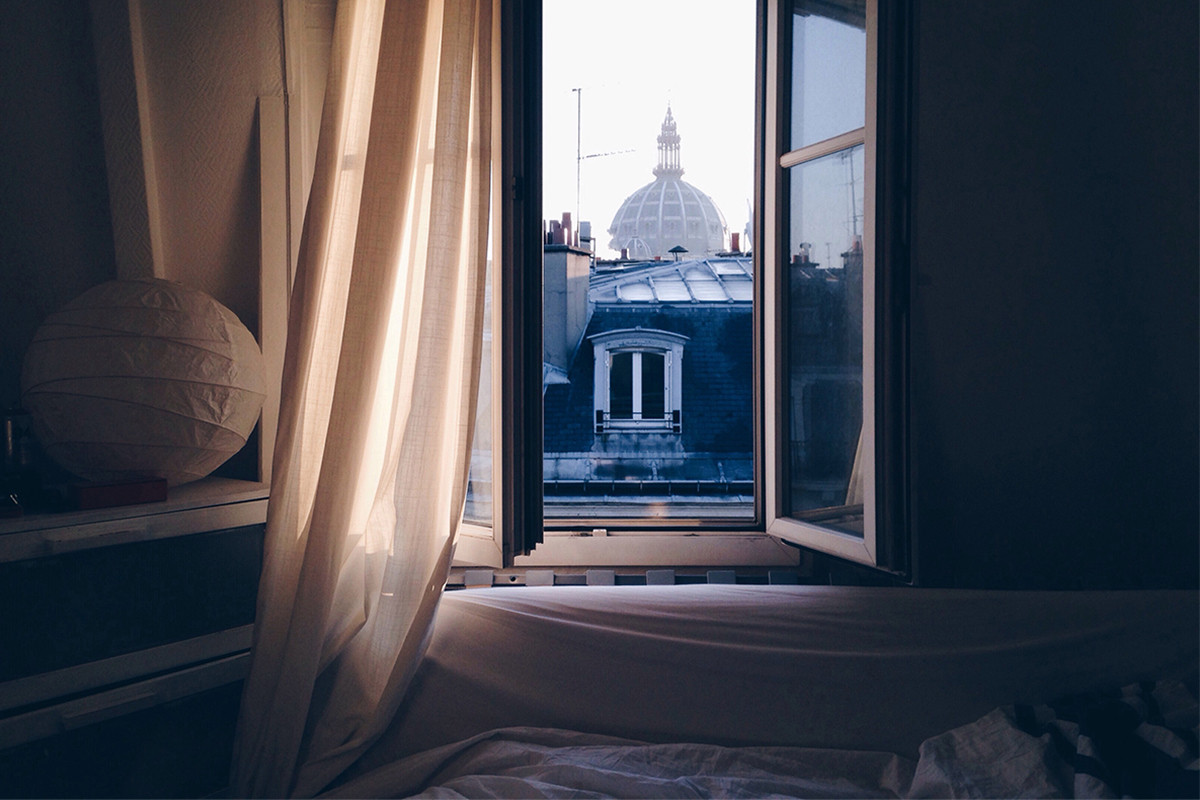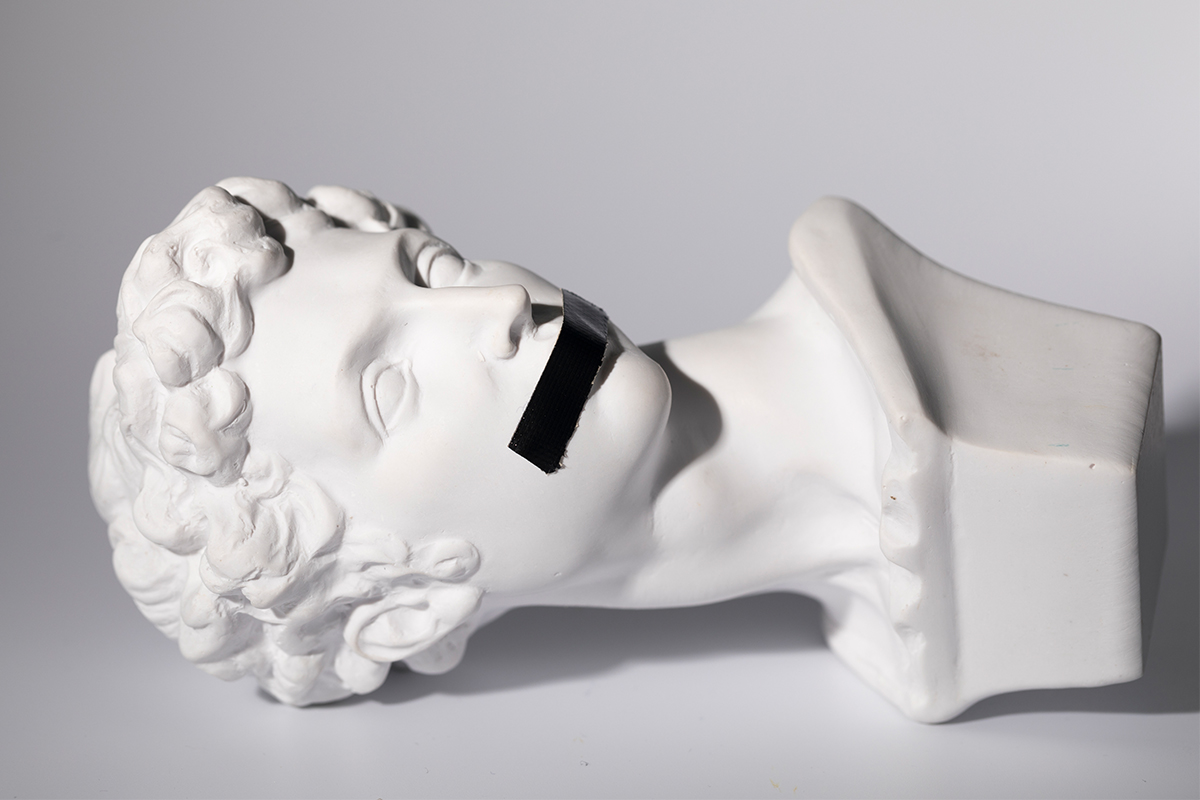For any athlete trying to reach his or her absolute limits, sleep is not a luxury or an afterthought. It’s a necessity, and every bit as important as the training itself.
That doesn’t mean it always comes easy. Despite our best intentions and hefty training loads, many of us — probably more than you’d guess — have a hard time getting the shut-eye we know we need. Some lie awake for hours before they’re able to doze off. Others toss and turn all night long, stringing together only short segments of real sleep. And another group consistently wakes up too early, sometimes closer to their bedtimes than their morning alarms.
I’m a hybrid, an early riser and a sensitive sleeper who has a hard time wrangling my thoughts in the dark. I don’t often struggle to fall asleep, but I’m usually up and down at least a few times in the night and I rarely make it to my 5:45 a.m. alarm. I know that my sleep habits aren’t ideal — especially for a competitive marathoner — but I also know that stressing only exacerbates them.
Fortunately, I’m capable of training and racing well off what others might consider skimpy sleep, because I’ve been doing it for years. I do the best I can, leaning heavily on the tips and tricks I’ve picked up over time (and ditching conventional wisdom when it gets in the way). Here are eight things I do to set myself up for solid sleep.
Stick to a schedule
Routine cannot be overstated in the context of consistent sleep. Different schedules work for different people, but I typically do best when I wind down between 8:00 and 9:00 p.m., crawl in bed around 9:00 or a little after, read until 9:30 or 10:00, and wake up naturally around 5:00, give or take. Whether I’m at my own home in Boulder, visiting family in Dallas, or on the road for a race, I keep that timeline as consistent as possible.
Hydrate early
My number-one nighttime interrupter is a full bladder. On good nights, I’m up once or twice to use the restroom. On rough ones, it’s more like four or five. While I’ve tried imposing an early cut-off time for liquids, the chances that I won’t drink something if I’m feeling parched before bed is close to zero. So instead, I focus on hydrating way earlier in the day and tapering off in my final waking hours. By the time I sit down for dinner, I try to have my drinking mostly done, other than a glass of water (or, more accurately, a La Croix) with my meal.
Wind down well
Like a cool-down to cap a hard running workout, a packed day benefits from a proper wind-down. The hour or so before I start getting ready for bed is my chance to slow down, stop being productive and recapture whatever peace of mind got away from me during the day. My favorite ways to do that? Watch a good documentary or show that’s fun and light (like Schitt’s Creek or The Office); doing some stretching and/or mobility exercises; soaking in a warm Epsom salt bath, especially in the winter; taking my dog Tina on a walk when the weather’s nice; doing something creative or crafty; and writing in my journal. My final move, after I’m in bed, is to read whatever book I’m currently into — ideally one that’s not overly suspenseful or disturbing.
Squeeze in a snack
While I try to avoid drinking in the evening, eating is actually part of my routine. Even before I read the research that suggests protein consumption before bed increases muscle protein synthesis (recovery) and metabolic rate in the night, I noticed I slept sounder and felt better the mornings after I’d eaten a well-balanced snack the night before. My go-to, around 30 minutes before I hit the sack, is a small bowl of plain Greek yogurt mixed with a little maple syrup or honey and topped with roasted pistachios, chopped dried figs and a sprinkle of cinnamon or cardamom.
Get the room right
We all know that our odds of running a PR are way higher when we’re on a nice track, in a packed stadium and wearing sharpened spikes, than when we’re at an ordinary practice with no atmosphere to speak of. Environment is similarly key when it comes to sleep. My at-home environmental essentials include: blackout curtains and an eye mask to keep even the faintest light out, a sound machine plus earplugs to block out noise, a thermostat set between 65 and 70 degrees, a nightlight in the bathroom so I don’t have to turn the real light on, and a mattress and sheets combo that make me excited to slip into bed. Our Tuft & Needle Mint Mattress has been a great investment, and I’m obsessed with our L.L.Bean Ultrasoft Comfort Flannel Sheets.
Be ready on the road
I can’t bring my sleep sanctuary when me when I travel, but I do what I can to recreate it. That means showing up prepared whenever I leave home. Whether it’s a quick race trip or a longer training stint in another country, I always pack a mini sound machine, an eye mask, and ear plugs — just like I use at home — as well as a few clothespins to keep light from peeking through the curtains. I make sure to have an easy snack on hand, too — if not a single-serve yogurt with granola or trail mix, then a Clif Kid ZBar or some dry cereal (bonus points if it has a good amount of protein). In hotels, I usually ask for a quiet room away from the lobby and elevators, and when staying with friends or host families, I communicate my schedule in advance so we’re all on the same page.
Nap when possible
As I mentioned here, I’m a big fan of naps, especially on the heels of rough nights. I try to be as consistent with them as I am with my nighttime sleeps: I stick to a familiar routine (eat lunch, walk Tina, lie down), hop in bed around the same time every afternoon (roughly 1:30 p.m.), and read until I either fall asleep or feel like I’ve rested enough to resume my day. All of the environmental tips I mentioned above still apply, and are arguably even more important when the sun is shining and rest of the world is wide awake.
Minimize stress
While “not stressing” about an important part of my life and career is much easier said than done, I do try to be mindful of the impact that worrying, ruminating, and overthinking can have on my days and nights. The level of stress I feel during the day tends to correlate to the quality of sleep the following night, so I try to choose my battles wisely and let the little things go. Many of the strategies I use to wind down in the evenings also serve as effective stress relievers during the day. Other things that work for me include playing the piano, cooking, decluttering, catching up with family members and friends, and spending time outside, whether running, walking, or sunbathing on our back deck. For better or for worse, stress and sleep are a two-way road. The more I can minimize the first and maximize the second, the better off they — and I — will be.
This article was featured in the InsideHook newsletter. Sign up now.





















